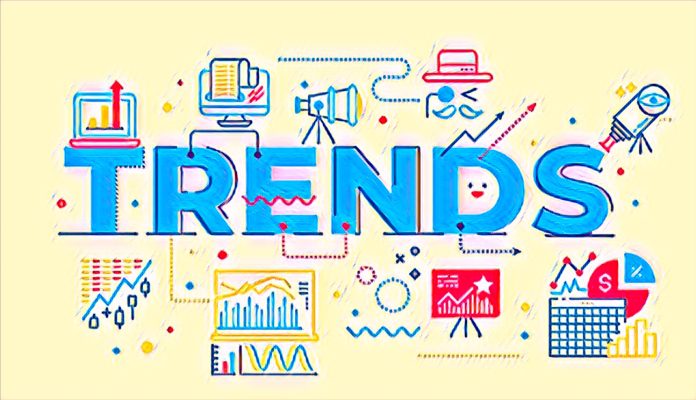KEY POINTS
-
Nigerian youth leveraged TikTok, memes, and crowdfunding to demand political accountability, forcing parties to address generational divides.
-
AI deepfakes and WhatsApp misinformation posed critical threats, prompting legislative action and fact-checking coalitions.
-
Social media’s dual role as a tool for grassroots empowerment and a vector for disruption redefined election strategies and voter engagement.
In 2024, Nigeria’s political landscape became a digital theater, with social media trends dictating campaigns, voter sentiment, and policy debates. From viral TikTok protests to AI-generated deepfakes, platforms once dismissed as frivolous now hold unprecedented sway over the nation’s democracy. Here are the eight trends that reshaped politics this year:
-
Youth Mobilization via TikTok: Nigeria’s under-30 demographic, which constitutes 70% of the population, turned to TikTok to bypass traditional media gatekeepers. Hashtags like #NoMoreOldLeaders amassed 12 million views, pressuring parties to address youth unemployment and education reforms. “TikTok forced politicians to speak our language—literally. They’re now using Gen-Z slang in rallies,” said 24-year-old activist Feyisayo Adebayo.
-
AI Deepfake Scandals: A cloned voice of Labour Party’s Peter Obi criticizing the Igbo community went viral in March, sparking riots in Onitsha. Fact-checkers debunked it within hours, but not before it reached 8 million views. The incident led to the National Assembly fast-tracking a bill criminalizing malicious deepfakes.
-
Meme Activism: Satirical memes mocking corruption scandals became a tool for accountability. A meme comparing lawmakers’ salaries to teachers’ wages (“N8.5m vs N65k—Who’s the Real Worker?”) trended for weeks, forcing a public debate on wage reforms.
-
Crowdfunded Campaigns: Independent candidates like Lagos’s Chika Nwosu leveraged WhatsApp and Instagram to raise ₦320 million from small donors, circumventing traditional party financing. “We’re tired of ‘godfathers.’ Now, the people are the godfathers,” Nwosu declared during her victorious House of Reps campaign.
Grassroots Power meets digital risks: The double-edged sword of online politics
-
Influencer Endorsements: Political parties paid social media influencers up to ₦5 million per post to sway undecided voters. A leaked contract revealed APC’s deal with lifestyle influencer Eniola Badmus, whose pro-Tinubu posts reached 2.3 million followers daily.
-
Twitter Spaces Debates: Over 500,000 Nigerians tuned into nightly Twitter Spaces hosted by journalists and activists dissecting policy promises. A June session on fuel subsidies, featuring ex-CBN governor Sanusi Lamido, trended globally.
-
WhatsApp Misinformation Networks: Rural voters faced a deluge of fabricated screenshots and voice notes. In Kano, a false audio claim that “PVCs sold to China” caused voter card registration to plummet by 40% in April.
-
#EndSARSMemorial Revival: Youth coalitions reignited the 2020 protest movement online, using VR recreations of Lekki Toll Gate to pressure the government into releasing withheld judicial reports.



